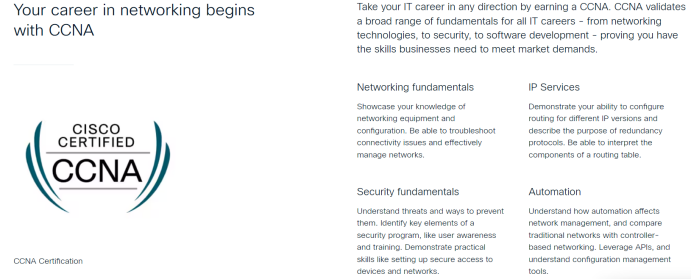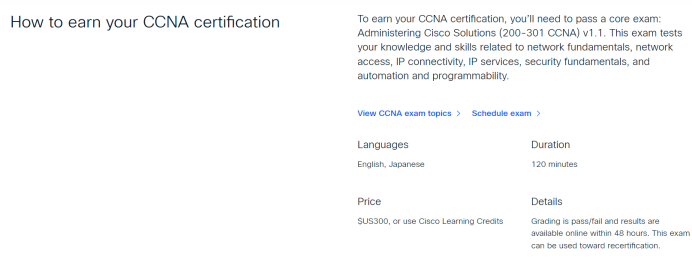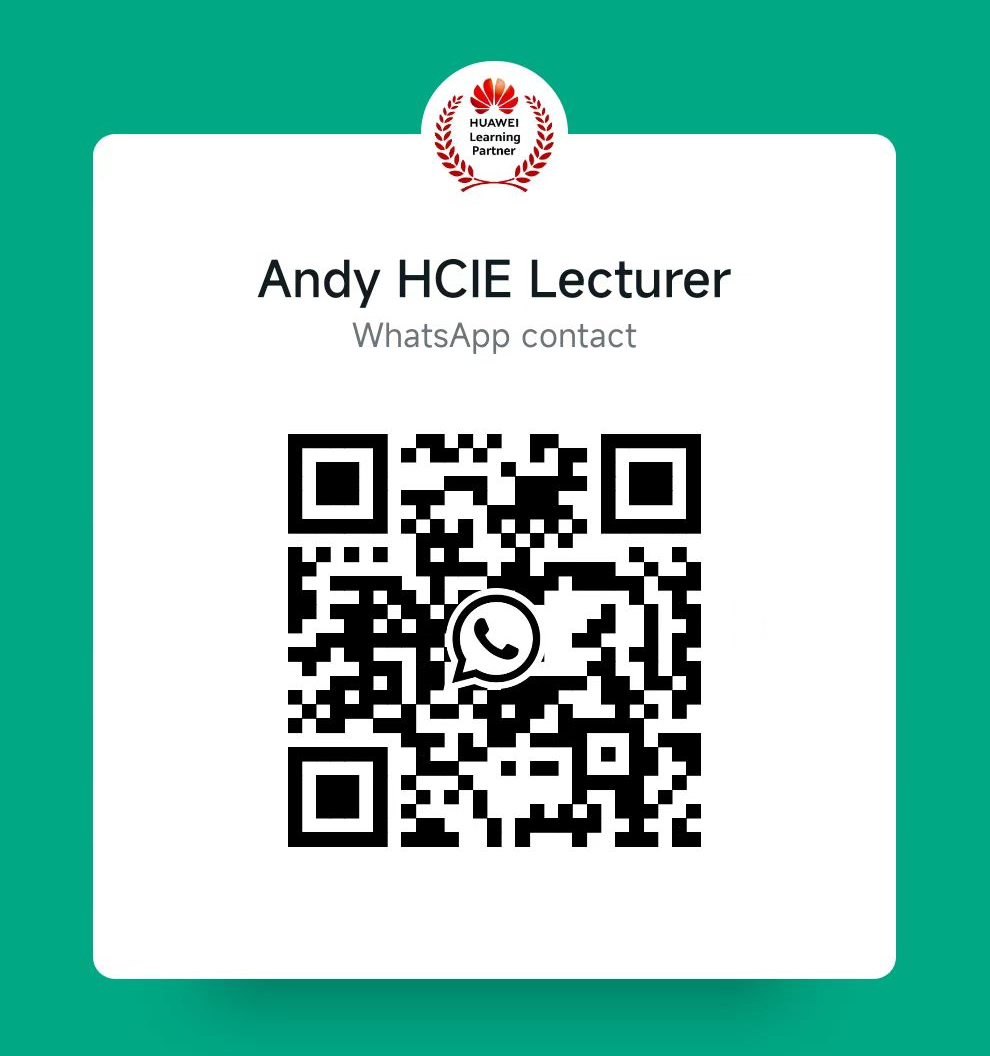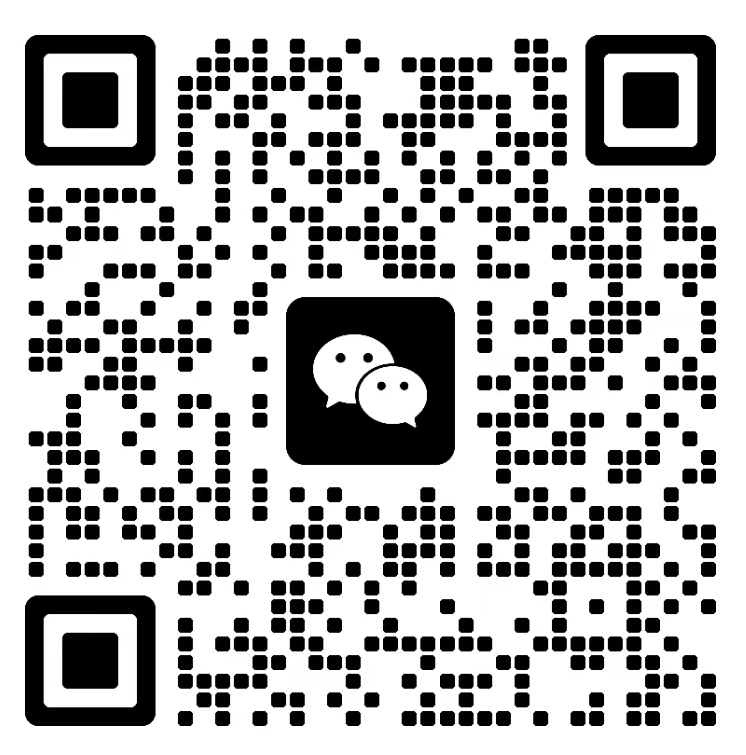A common question we hear is: “I have no background in networking — can I still pass a Cisco certification exam?”
The answer is: Absolutely yes! But it’s best to start with the entry-level CCNA instead of rushing into higher-level certifications. As a senior network engineer, I’ll share the key logic and study methods that beginners can follow.

1. Start with CCNA if You’re a Beginner
Cisco certifications are divided into three levels: CCNA (associate), CCNP (professional), CCIE (expert).
For beginners, CCNA is the right entry point.
Why is CCNA suitable for beginners?
Basic content: It covers networking fundamentals like IP addressing, the role of routers and switches, and simple routing configurations. There’s no prerequisite knowledge required, and Cisco does not mandate prior experience.
Lower difficulty: The exam is 90 minutes, passing score 825. Question types are mostly single/multiple choice. No advanced lab work is required — practice with a simulator is enough.

Avoid this mistake: Don’t jump straight to CCNP/CCIE.
CCNP builds on CCNA (e.g., advanced OSPF features), while CCIE requires 8-hour lab exams. For beginners, this path leads to confusion. The only sustainable route is: Build a foundation with CCNA → Advance later.
2. A 4-Step Study Plan for Beginners (1–2 Months)
With steady effort, you can be ready for the CCNA in just 1–2 months. Here’s how:
① Learn networking basics before diving into textbooks
Understand simple concepts first:
IP address = a “house number”
Gateway = “security guard of your neighborhood”
TCP vs UDP differences
Having a real-world analogy makes CCNA theory much easier to absorb.
② Focus on the CCNA exam outline, not everything
Key topics include:
Theory (≈60%): TCP/IP, subnetting, static routing, OSPF basics, VLANs, ACL, SSH
Practical (≈40%): Configuring VLANs, static routes, and OSPF on simulators
Study 1–2 topics per day. In a month, you’ll cover the essentials. Focus on principles, not memorizing commands.

③ Practice hands-on labs with a simulator
No need to buy expensive gear. Use free tools like eNSP or Packet Tracer:
Build simple topologies (Switch + PC, Router + PC)
Configure VLANs, static routes
Verify with ping and show ip route
Just 30 minutes daily for 1–2 weeks will make you confident.
④ Use dumps to test yourself
Work through the latest CCNA dumps
Analyze each mistake and revisit the related concept
Do 1–2 timed mock exams (90 minutes). If your score is above 90%, you’re ready.
Get the latest CCNA Question Bank + Mock Exams here. Updated regularly to match the real exam.
3. Common Mistakes to Avoid
Only memorizing questions without practice: You might pass the exam, but in job interviews, if you can’t configure a VLAN, the certificate won’t help you.
Studying advanced CCNP topics too early: CCNA doesn’t require them — master the basics first.
Inconsistent study habits: A simple daily plan (e.g., 1 hour per evening) is more effective than last-minute cramming.
Final Words
Getting Cisco certified as a beginner is very achievable. The keys are:
Start with CCNA
Build real skills through simulator practice
Use dumps to identify gaps and simulate the real exam
Within 1–2 months, you can earn your CCNA. More importantly, you’ll gain practical networking skills that help in entry-level jobs and set a solid base for CCNP or CCIE in the future.
I'm your man who have the 100% valid dumps , buy it now for 50% off to clear your exam!
Click it ↓↓



